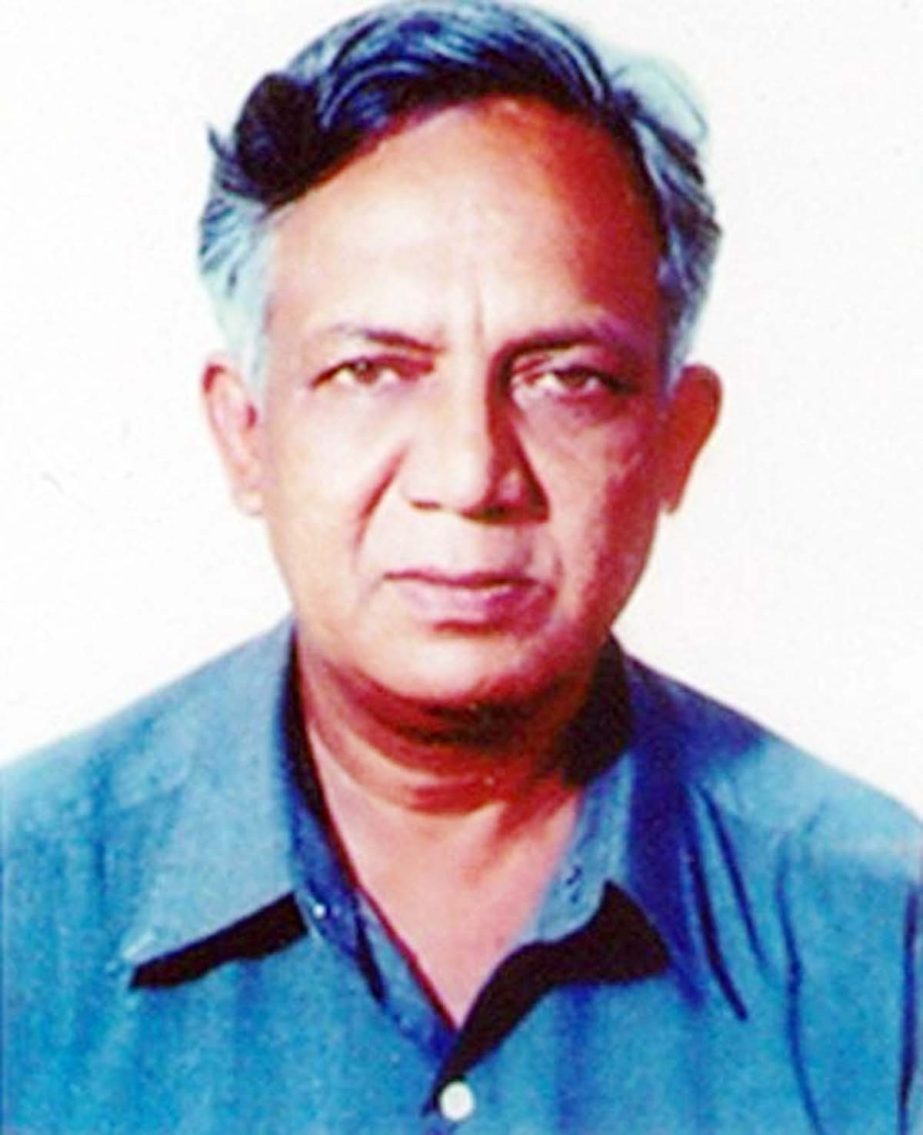
Jehangir Hussain
Part -2
India published the NRC in three segments, the first list called the Part Draft, published on the midnight of December31, 2017, included only 1, 90,10,932 members, out of the 3.29 crore applicants. The second list, termed as the Complete Draft, published on July 30, 2018, included 2,89,83,677 members, leaving another 40,70,707 people out.
As this list was not the final draft, people who were not included were given an opportunity to file their claims. The expectation is that the number of people that have been excluded will come down in the final list.
The exclusion of people in such a large numbers has led to criticism of the NRC exercise as people fear that they might become stateless. What is worrying is that is there has been no specific policy in ascertaining their fate. The possibility of deportation to Bangladesh is very bleak as the people excluded from the list should be proven citizens of Bangladesh, and that will require cooperation from that country.
Bangladesh categorically stated time and again that there was never any infiltration from its territories as India wrongly claims. There is criticism in India against push-back on the ground that previous push-back efforts had backfired as those who were pushed back, returned to India within a few days. Many political parties in India opposed heavy-handedness on this issue as it could harm the ties between India and Bangladesh.
The Citizenship Amendment Bill (CAB) 2016 was made by India to grant citizenship to Hindus, Sikhs, Buddhists, Parsis, Jains and Christians from Bangladesh, Pakistan and Afghanistan. The CAB is opposed in the North-Eastern States of India, including some of the allies of the ruling BJP, like the National People’s Party and Asom Gana Parishad.
According to the Indian Citizenship Law, a person is an Indian citizen if he/she is domiciled in India when the Constituent Assembly adopted the Constitution on 26 November 1949 or if he/she had been in India for at least five years until that date.
For those born after the adoption of Constitution, the Indian Citizenship Act 1955 grants citizenship based on birth date: (i) Anyone born between 26 January 1950 and 1 July 1987 is a citizen by birth; (ii) A person born between 1 July 1987 and 3 December 2004 is a citizen by birth if either of his parents is a citizen at that time; (iii) Those born on or after 3 December 2004 is a citizen if both of the parents are citizens of India at the time, or if one parent is a citizen and the other is not an illegal migrant (a foreigner who entered India without valid documents, or stayed beyond the allowed period).
The controversy over the CAB is caused in India out of fears that its introduction might result in serious law and order issues.
Assam had a register of citizens created for it in 1951 based on the 1951 census data but the register was not maintained after India enacted the Illegal Migrants’ Determination Tribunal Act 1983.
Under the IMDT Act passed by Lok Sabha, the lower house of Indian Parliament, a tribunal was created for identifying illegal migrants in Assam.
The law had taken away the arbitrary powers of the Superintendents of Police , the head of district police to identify and deport Indian citizens in Assam from complaints from two local residents, after even Fakhruddin Ali Ahmed, former Indian President, was identified as a foreigner or illegal immigrants in Assam.
After the IMDT Act had stopped the arbitrary deportations by the SP, the government of Prime Minister Atal Behari Vajpayee had taken the IMDT Act to the Supreme Court of India which in 2005 struck down the law after which the government of India began updating the controversial National Register of Citizens for Assam.
The final updated National Register of Citizens for Assam, published on August 31, 2019, contained 3.1 crore names out of its population of 3.3 crore, leaving out 19 lakh applicants, rendering them potentially stateless.
India’s ruling Bharatiya Janata Party which backed the NRC exercise, did not find the results satisfactory as it believes that many legitimate citizens were excluded while many illegal migrants were included.
The BJP promised to implement the NRC for all of India in its election manifesto for the 2019 general election. On 19 November 2019, India home minister Amit Shah declared in the Rajya Sabha, the upper house of Indian parliament that the NRC would be implemented throughout the country.
The Indian Citizenship Rules Amended in 2003 empowers the central government to issue an order to prepare the National Population Register (NPR) and create the NRC based on the data gathered in it.

(Jehangir Hussain is a senior journalist. Email: [email protected]).
(To be continued).

